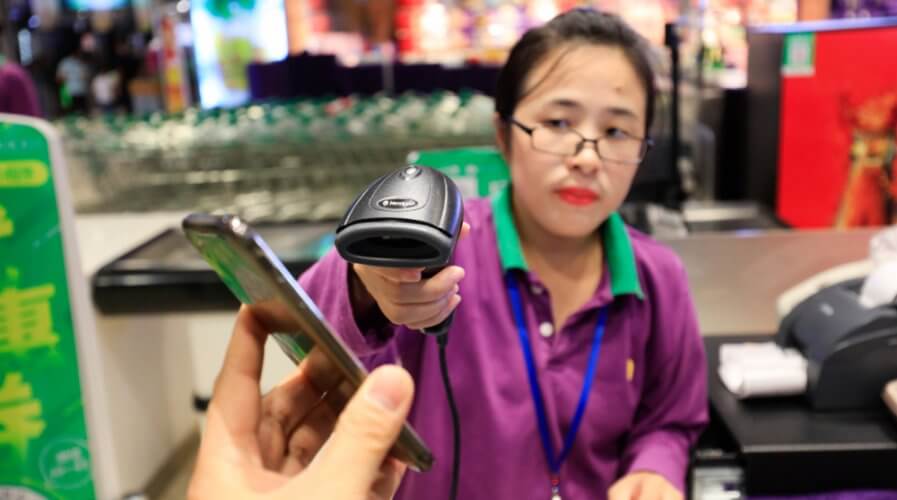
APAC businesses are outsourcing their security management to service providers. Source: Shutterstock
Managed security service solutions are growing on APAC businesses
BUSINESSES are growing rapidly thanks to broadening technological advances and borderless networking capabilities. The same thing can be said about cyberthreats and cybercrimes which is an unfortunate, yet important issue to be mindful of.
As the general landscape of the digital world grows, businesses need to make sure that their IT and security teams prioritize the right measures using the best solutions to protect their data and assets.
However, it is understandable that not all businesses can do so due to the lack of cybersecurity talents and prominent security professionals in the market – but it does not mean that businesses are not leveraging alternative solutions.
Frost & Sullivan Research Analyst Vivien Pua told Tech Wire Asia that within the Asia Pacific (APAC) region, there is a growing trend of reliance on managed security service (MSS) solutions.
MSS is simply the practice of outsourcing network security management to service providers that tailor cyber protection measures based on business needs.
In fact, research by Frost & Sullivan suggests that the Asia Pacific MSS market grew at 15.3 percent in 2018 with Greater China and ASEAN regions leading the race.
Additionally, the analyst also revealed that the MSS market is expected to grow at a CAGR of 16.6 percent until 2023.
The figures signify that businesses are responding to the call for greater cybersecurity awareness and actions. Even if they can’t do it themselves, they are increasingly entrusting MSS providers to do so.
According to Pua, “The persistent lack of cybersecurity professionals, the proliferation of cyberattacks with the growing threat landscape and the growing pressure to ensure compliance with more stringent cybersecurity regulations remain the major factors to drive MSS adoption among APAC businesses”.
Although threats will continue to evolve, businesses continue to invest in MSS as a range of digital capabilities have allowed providers to offer effective solutions and a more aggressive approach to limit threats.
She added, “Some of the leading regional MSSPs have expanded their portfolio to offer advanced security services, such as managed detection and response (MDR), active threat hunting, and user and entity behavior analytics (UEBA).”
However, businesses still need to remember that just because a service provider is managing their security measures, it does not mean that they no longer have to engage in efforts to keep themselves secure.
Despite the advanced capabilities and expertise MSS providers possess, Pua emphasized that businesses still need to equip themselves with the right security skills and operational practices.
“Creating a strong culture of security within the organizations and implementing proper incident response plan, IT controls and policies along with investment in technology will result in more effective defenses,” explained Pua.
APAC businesses can look into hosting regular training sessions to create a more progressive and proactive culture among employees to help augment security measures.
Even if businesses are not using MSS solutions, the advice remains relevant. At the end of the day, businesses must remember that it is all about being safe than sorry.
READ MORE
- Safer Automation: How Sophic and Firmus Succeeded in Malaysia with MDEC’s Support
- Privilege granted, not gained: Intelligent authorization for enhanced infrastructure productivity
- Low-Code produces the Proof-of-Possibilities
- New Wearables Enable Staff to Work Faster and Safer
- Experts weigh in on Oracle’s departure from adland


